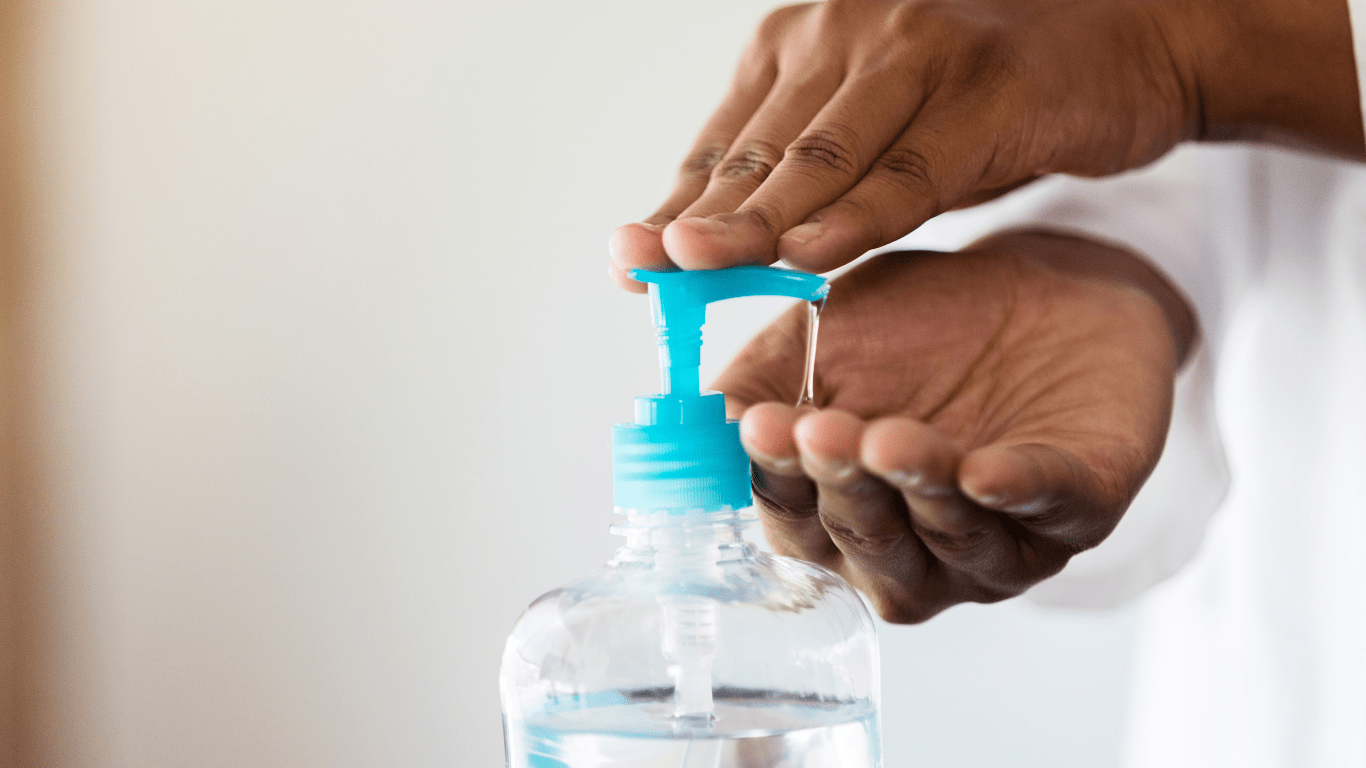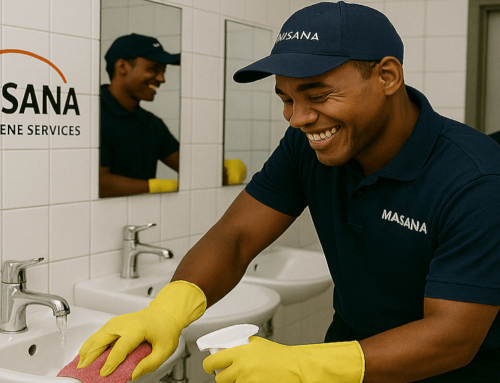Hand sanitizers have become an essential part of daily life, offering a quick and convenient way to maintain hand hygiene. Understanding their benefits, limitations, and safe use can help ensure they are used effectively. This guide will provide everything you need to know about hand sanitizers and their proper use.
What Are Hand Sanitizers?
Hand sanitizers are easy-to-carry hygiene products designed to kill germs when soap and water are not available. Most sanitizers come in gel or liquid forms and contain alcohol, usually ethanol or isopropanol, which helps eliminate bacteria, viruses, and germs. Some products also include moisturizers to prevent skin from drying out.
Did You Know? According to the National Institute for Communicable Diseases (NICD), hand sanitizers with at least 60% alcohol content are highly effective against many viruses, including coronaviruses. However, it’s always best to wash your hands with soap and water when visibly dirty.
Hand hygiene practices – Is Hand Sanitizer Safe? Understanding the Risks
Hand sanitisers are generally safe when used as directed, but it is important to remember that they are for external use only. The alcohol in hand sanitizers can be toxic if ingested. While the risk from accidental ingestion, such as touching your mouth after use, is minimal, swallowing large amounts can be dangerous, especially for children. Therefore, it is important to store sanitizers safely out of reach of children.
For more information on safe sanitizer use, you can visit the South African Department of Health.
Hand Sanitizer vs. Wound Care: What You Should Know
Although hand sanitizers are effective for killing surface bacteria, they are not suitable for treating wounds. The high alcohol content can irritate and slow down the healing process. Wounds should be cleaned with mild soap and water, followed by applying antiseptics specifically designed for wound care.
For more on first aid and wound care, refer to the First Aid Guidelines from the South African Red Cross.
Hand sanitizer expiration – Does Hand Sanitizer Expire?
Yes, hand sanitizers do expire. Over time, the alcohol can evaporate, reducing its effectiveness. Most hand sanitizers have a shelf life of about 2-3 years. It is important to check the expiration date regularly and replace expired products to ensure continued effectiveness against germs.
For information on hand sanitizer product standards in South Africa, you can refer to the South African Bureau of Standards (SABS).
Why Choose Masana Hygiene Services for Your Hand Sanitizer Needs?
Masana Hygiene Services provides high-quality hand sanitizers that meet the highest standards for safety and effectiveness. Whether you need hand sanitizers for personal use or commercial purposes, Masana Hygiene offers solutions that ensure you and your environment remain protected. Our products are formulated to be effective and gentle on the skin, ensuring a balance of cleanliness and care.
For reliable and effective hand sanitization products, explore Masana Hygiene Services today.




